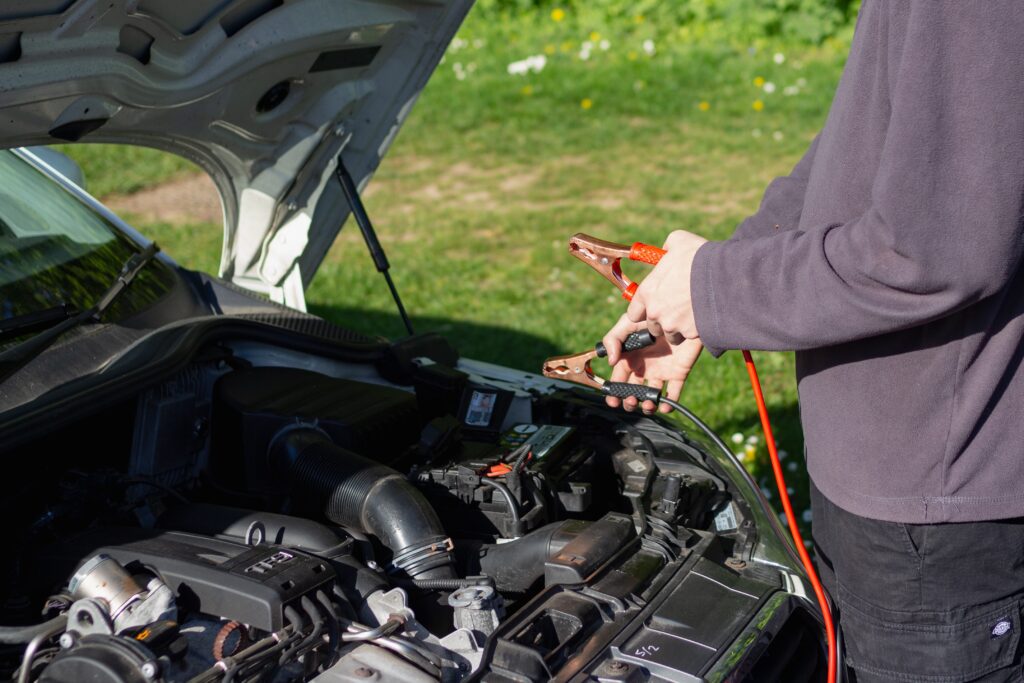After talking to a friend about my afternoon off this last week floating in an epsom salt bath at a local float room, I realized that in the world of finance and frugality, many people cut out anything that they feel is fat in their budgets. My friend was no different. And while she wanted to include such “splurges” in her life, she felt like she couldn’t. They were “non-essentials.” It really got me to thinking what items outside of the four walls (home, transportation, food, utilities) I hold as essential sanity savers.

Savor as much of life as you can
While I think that it’s important that we tighten up our budget boot straps at times, whether it be through no spend days/weeks or by not eating out during the week or not spending on anything except the items you absolutely need to survive, I also think it’s important that we realize that life is meant to be lived and savored. Living in a restrictive box can strip the joy from all that life has to offer. All of that to say, I think it’s a healthy budget when it includes more than just those items that keep us physically well.
Mental wellness is also essential and this can come in different forms for different people. I think this list of sanity savers are essentials that help our mental health and are just as important as spending money on our physical well-being. The below tips will help you on your road to financial wellness. Every budget should eventually include the following, but it’s up to you to figure out in what amounts and what you will include in these categories.
#1: ENTERTAINMENT

Whether you like to hit the town for a drink with friends, go to an amusement park, rent a movie in (which can also be done for free if you have a local library), host a morning coffee while discussing the book of the month with friends, go bowling or to a trampoline park with the kids, or throw on heels and some red lipstick for a swanky meal out, time to switch things up and break from the monotony of the normal routine is essential for your sanity.
These don’t even have to be expensive but by allowing yourself a bit of money to switch up your routine, you’re investing in yourself and your family. Many people also include eating out in their entertainment budget as a night together out of the house and not having to slave over the stove is also nice. It’s your budget so have at it. As with anything, schedule your plans in advance to help keep you within that budget but go out and enjoy yourself and take a bit of a load off!
#2: TRAVEL

I’m not suggesting that you decide to whisk yourself or your family away to Europe for an unforgettable getaway, but I am beckoning you to not exclude travel in your monthly budget of sanity savers. A sinking fund for travel is probably your best bet for saving a little bit every month over time.
Another option that is a sort of an automated sinking fund is to have a separate savings account for travel and have money automatically transferred into that account monthly. I probably save more than the average person in this account as travel is something I haven’t done much over the years, and I’m trying to make up for last time but as with anything else, it doesn’t have to be extravagant. You can plan for some overnight hotel staycations or long weekends where you take Friday and Monday off work and drive a few hours down the road.
You can also do some regional trips, bigger domestic trips, or save long-term for longer trips overseas. For the last year and a half I have saved $20 a week for each of my children and put it in their travel boxes. Though fires and a global pandemic have slightly dampened our plans, we’re planning on hitting Australia in 2022 or 2023 with that money. I challenge you to think a bit longer term on where you want to take your family or where you want to go with a friend, spouse, or even alone and calculate how much you want to save over time to make that happen and start stashing some money away. I promise you, this is truly an investment you shouldn’t pass up. You’ll thank me later!
#3: SELF-CARE

Whether your idea of self-care is spending some time at the park walking laps, taking a hot yoga class, getting your hair cut and colored every 8 weeks, or soaking in a tub of magnesium at home or your local float bath, taking care of yourself is indeed essential. If you’re working outside of the home and your kids get very little time with you, maybe your self-care splurge is paying for a cleaning service a couple times a month or having a homemaker do your laundry for you.
There’s no shame in any of those games, but if that’s where you’re placing your priorities, it’s again essential that that money is budgeted monthly. I have single mom friends who pay a babysitter to come and play with their kids just so they can go to the gym or tanning bed or just drive around blaring music that doesn’t include Baby Shark! Define what you consider self-care and what you feel would help you to be the best you when you are with your loved ones and make that an essential in your budget.
#4: GIFT MONEY

Whether you have 21 nieces and nephews as I do, celebrate Christmas/Hanukah/ Kwanza/etc. with your children every year, or have kids that seem to get invited to every classmate’s birthday party, it’s imperative that you plan ahead for the gift-giving occasions that are bound to creep up on you. You don’t need to find yourself indebted to your credit card or regretting not being able to be more generous.
For Christmas, I automate money into a Christmas account every pay check. It helps me to have a nice nest egg built up come November. I also budget a little bit every month to cover birthdays. Another way to deal with this is to be on the lookout for gift ideas on clearance throughout the year. I’m not much of a shopper so I’m not an expert on this. But I’ve heard that this works well for saving money for gifts to avoid being in a pinch.
In the same light, I used to buy gift cards when they had “buy $10 get $5 free” type specials. I liked to have them on hand for giving to the kids’ friends for birthdays. It allowed me to save on their gifts as I bought multiple deals at a time. I used money from sinking funds in my “gift” budget to pay for them with no hassle.
#5: THE NOTORIOUS EMERGENCY FUND

Having an Emergency Fund set up is the ULTIMATE of the Sanity Savers. I recommend building it up to 3-6 month’s worth of expenses. If you are still paying off a slew of debt, stick to an emergency fund of $2,000. This money should be easily accessible to use as a cushioned insurance policy. Use it should a water heater go out, your car needs fixed, you have a medical emergency, etc.
3-6 months will give you the peace of mind that really allows you to get that deep sleep at night. But $2,000 is a great start to help cover you while you’re focusing on tackling your non-mortgage debt. I have heard story after story about how having an emergency fund saved families from ruin when the pandemic hit. For that security and peace of mind, the Emergency Fund is the Quintessential Sanity Saver that every budget should have.
While these are my top 5 Sanity Savers in my budget, what are yours? Do you have any items that you won’t do without in your budget? Please share below. I’d love to hear your insights! 💛
